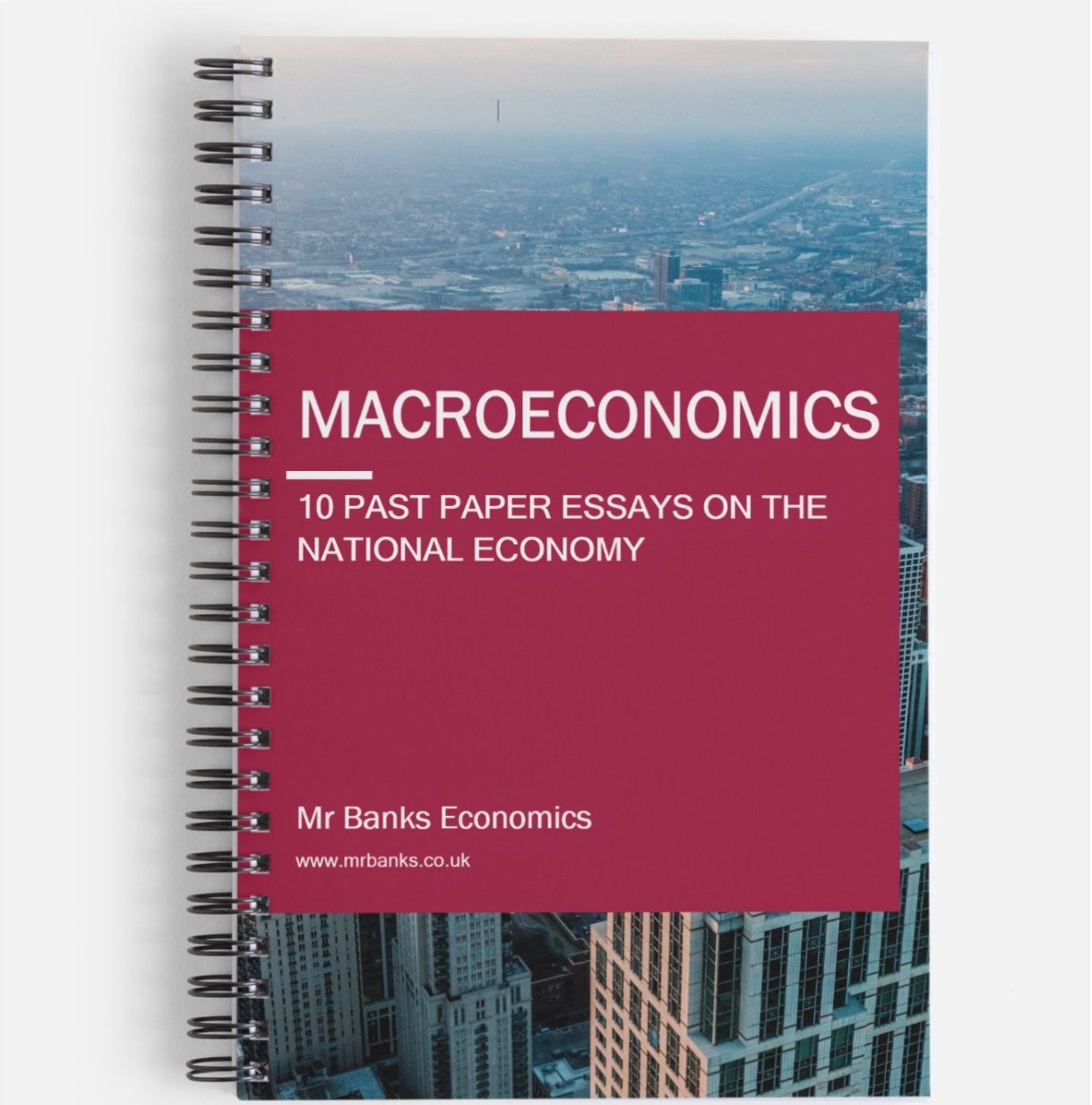Government Intervention | Model Answer
A-level Economics
Examine the 2 extracts below and answer the following question. Scroll down for the model answer/mark scheme
Using the data and your economic knowledge, evaluate the economic case for and against the Italian government intervening in the pasta market to try to reduce pasta prices.
Extract 1: Grain prices go the way of the oil price In 2007, the prices of grains and crude oil hit ten-year highs. The rising price of oil stems partly from the fact that world oil supplies are running out. But why should grain prices continue to increase? Farmers should be able to meet increased demand for grains such as corn (maize) and wheat simply by growing more. Indeed, more grains are being grown, but demand has grown even faster. Grains are used as food, both for people and for livestock. In countries such as China incomes are rising. As incomes rise, people eat more meat. This in turn leads to an increase in demand for grains that are used for animal feed. It is also worth noting that the income elasticity of demand for grains is probably positive. A second reason for rising grain prices lies in increased demand for bio-fuels such as ethanol. Bio-fuels made from corn, wheat, and from other crops are substitutes for petrol and diesel fuel. Since 2000, demand for corn used to make ethanol has risen by over 300 per cent in the USA. Over 20 per cent of US corn is now used as the raw material for ethanol. Governments in forty other countries are promoting the use of bio-fuels to reduce dependency on oil imported from countries such as Iran and Venezuela.
Extract 2: Italians urged to go on pasta strike Pasta is made from wheat. An increase in the price of wheat in recent months has forced pasta manufacturers to increase the prices they charge for pasta products such as spaghetti. Italian supermarkets may increase the price of pasta by 20 per cent by the end of 2007. Pasta is a national dish in Italy, with each Italian eating on average 28kg of pasta every year. According to Furio Bragagnolo, vice president of the Italian Pasta Manufacturers’ Association, a plate of pasta ‘probably costs less than an apple’. However, the big Italian pasta manufacturers have been accused of using their monopoly power to force up the price of pasta. Italian consumer associations have asked the Italian government to intervene in the pasta market to reduce the prices of goods such as spaghetti. The groups have also asked people to refrain from buying or eating pasta products for a day, in protest against the recent price increases. Global warming and the growing use of wheat as a bio-fuel are blamed for the steep rise in pasta prices.
Scroll down for answer/mark scheme
Using the data and your economic knowledge, evaluate the economic case for and against the Italian government intervening in the pasta market to try to reduce pasta prices.
Plan
One way you could plan this answer would be to argue for and against government intervention e.g.
For Government Intervention in the Pasta Market
Pasta might be seen as a merit good e.g. it is healthier than alternatives
Italians are reliant on the dish, so it could push some people into relative poverty
Grain prices are becoming more volatile because grain has many uses e.g. production of biofuel
Give some examples of how successful policies might work e.g. subsidies
Monopoly power exists in the current market
Against Government Intervention in the Pasta Market
Government intervention distorts market prices - disrupts supply and demand - disequilibrium - allocation of resources
Could lead to government failure e.g. overspending on subsidies or consumers/farmers becoming too reliant
Intervention could demotivate firms - deters future investment
Diagrams
Diagrams you could draw might include supply/demand, taxes and subsidies etc
Definitions
It’s useful to include some definitions (where possible) to show your understanding. Some options would include market failure, government failure, government intervention, merit goods, relative poverty vs absolute poverty.
Analysis and Evaluation
You have to show the examiner that you are able to analyse the problems shown in the data, and come up with solutions to those problems. You also have to evaluate (weigh up) how good those solutions might be.
These skills can be learned and practised extensively in my online classes.
IF YOU WANT GOOD GRADES FAST, BUY THESE BOOKS!
MACROECONOMICS MODEL ANSWER BOOK
10 Past Papers with Model Answers on the National Economy
Written by an experienced Economics tutor
Full model answers with diagrams
Suitable for all UK Economics exam boards
Physical booklet
£30.00
MICROECONOMICS MODEL ANSWER BOOK
10 Past Papers with Model Answers on Market Failure
Written by an experienced Economics tutor
Full model answers with diagrams
Suitable for all UK Economics exam boards
Physical booklet
£30.00



